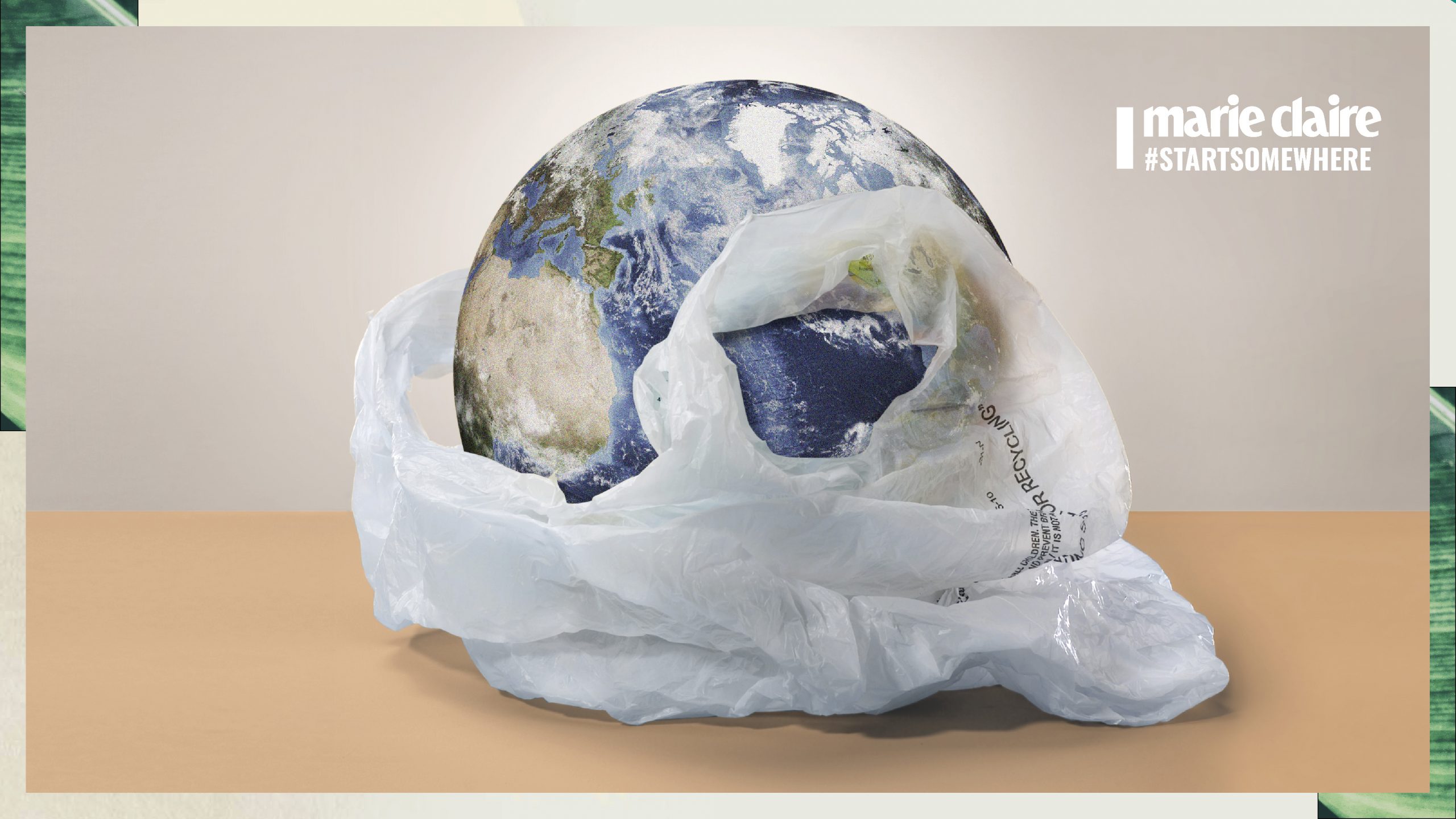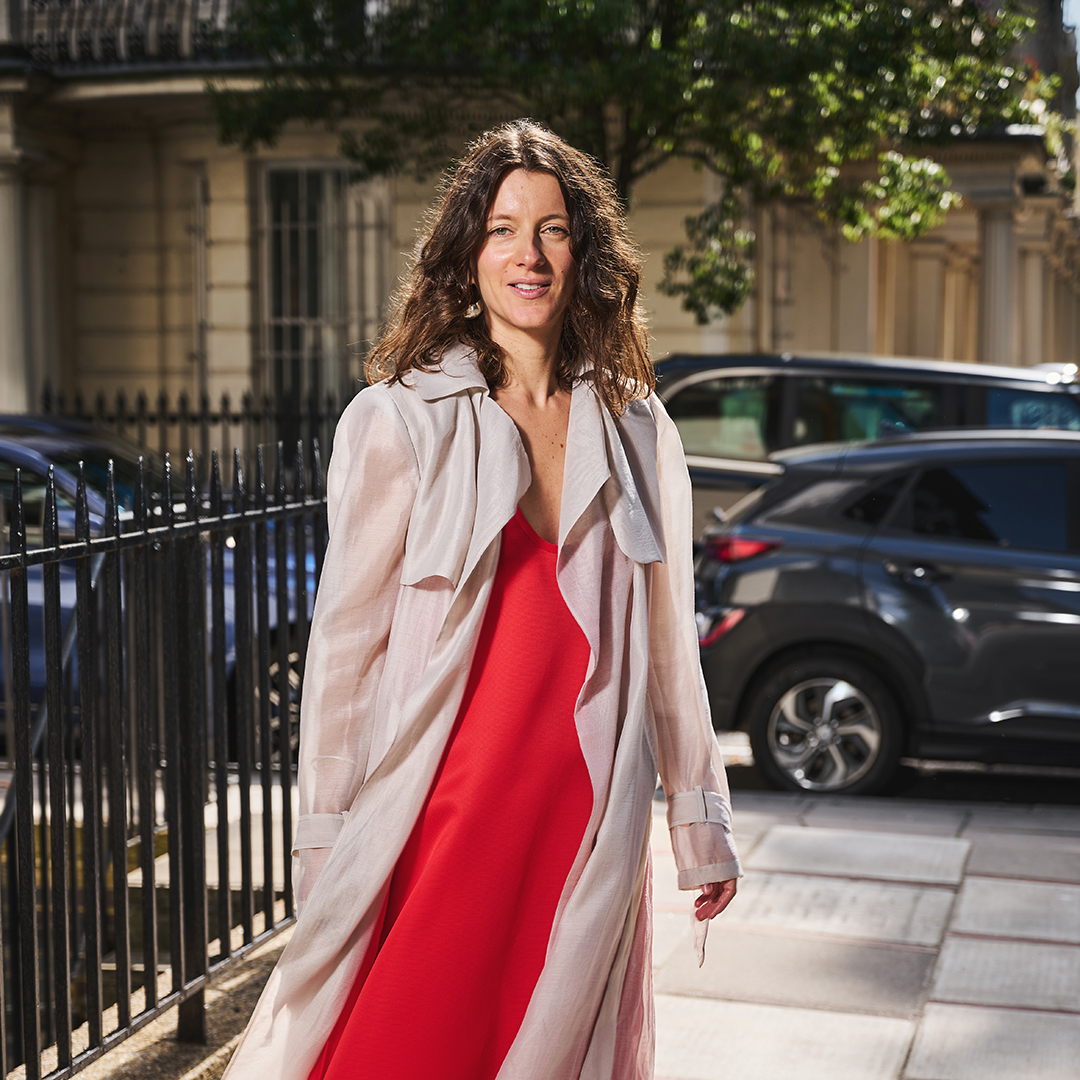This is how the pandemic has changed our shopping habits


Celebrity news, beauty, fashion advice, and fascinating features, delivered straight to your inbox!
You are now subscribed
Your newsletter sign-up was successful
With the continued lockdown and economic uncertainty (even if Boris Johnson has pledged we will 'not go back to the austerity of 10 years ago'), you might think consumers don't have any money left to spend in considering their shopping habits.
However the slightly good news is that many UK consumers have disposable money and are willing to spend, according to the PwC's May 2020 consumer survey. But with many fashion brands pledging to slow their pace, and our shopping habits undoubtedly altered, what does the future of shopping look like?
We asked Lisa Hooker Leader of Industry for Consumer Markets at PwC United Kingdom, as well as independent retailers, to shed some light.
How our post-pandemic shopping habits will change:
We will shop online more
No surprise here, but we will carry on shopping online more. Lisa explained that the pandemic has actually accelerated trends that were already here before.
She says, 'Pre-pandemic we were already doing more online shopping, the crisis has accelerated this, for example most people didn’t buy food or beauty online. It’s also made us question what we really need, and it’s made us think of different models, for example subscriptions so we make sure we get the things we want'.
More big chains will close
Our online shopping habits will likely mean that bigger chains close faster then intended. 'A retailer that used to have 300 stores can now work with 100 stores and an online store, so we already needed less physical stores for apparel as it’s so easy and convenient to order online. The pandemic has accelerated brands’ plans for brands closing stores over three years down to a year,' Lisa explains.
However, some smaller shops are likely to take a hit too. Joy Everley, of Joy Everley Fine Jewellery, said:’ After 22 successful years in Newburgh Street, Soho, London, we sadly closed down our shop at the beginning of lockdown. It was clear that the business could not survive this without getting into considerable debt, as the tipping point between fixed costs and profit was already coming ever closer.'
Celebrity news, beauty, fashion advice, and fascinating features, delivered straight to your inbox!
We will support local businesses more
An uplifting change has been consumers supporting local businesses more, and in fact it is predicted that whilst bigger stores will close on your high street, smaller ones will pop up.
The May 2020 consumer survey shows that 24% of people are buying more from small shops and independent retailers, and 18% are buying more from their local high street (28% in London), and many want to carry on doing so moving forward.
Jeweller Joy Everley has seen a huge spike in sales since going online only at the start of lockdown. She says, 'After two months of running the business as a website only I am delighted by the amount of interest and sales. I am able to give the same personal service as before, sending out orders daily (thanks to the wonderful Royal Mail) and entering into in depth email and photo exchanges with bespoke customers. Social media and regular updates on the website keep the jewellery fresh and immediate.'
We will shop more ethically
The other thing the crisis has accelerated is brands with a purpose, according to Lisa, with over 20% of people saying they’re going to buy more from brands who take care of their staff and their customer, and are local.
Debra McCann of The Mercantile, London, says its personal approach to customers has positively impacted the business: 'We think that the future of shopping will be very different. Between now and Christmas we will have to work hard on our online content and web sales, we are finding a personal touch works well and has reduced the number of returns as we have the time to introduce each style to our customer base through our social media channels.'
Interestingly, many brands are looking to produce their collections more sustainably too. Lisa explains, 'If you shorten your supply chain and produce closer to home you can get clothes out even quicker (called near-shoring). So before this, there was a desire to bring the supply chain closer, and this pandemic has emphasised that fact.'
We will buy more casual clothes
With many people still working from home, and businesses adapting to this module for the foreseeable, the trend for casualisation, which has been around for a while, has also sped up.
People are investing more in gym wear, and those businesses have seen a huge boost. 'Some have come to me saying they were in negative sales at the beginning of the crisis and now they’ve made their return,' Lisa reveals.
Brands will have excess stock
In the UK alone, they’re talking about a 15b overhang of stock, and while some brands are trying to be sensible by holding over stock until next year, and others are looking at up cycling, excess stock will be an issue.
Though this had been planned pre pandemic, Harrods has opened an outlet for sale items, to use excess stock and still bring newness to people. It will be interesting to see if other brands follow suit.
Brands will have fewer collections
We touched on how big designers such as Gucci are reverting back to two seasons, but 'the challenge is that a way to get people to your brand was to make them expect newness' explains Lisa.
So where you had two big seasons, and then all the other mini seasons, brands would attract more customers online and in store with small and frequent drops.
Sales will happen less in store
Lisa says, 'this May bank holiday, we had Black Friday levels of sales, which have come back down as shops have reopened stores. But with social distancing it’s tough over promoting as you don’t want too many people in at once. Depending on how confident people are confident buying apparel, will have an impact on the promotion activity in the next few weeks.'

Penny Goldstone is the Contributing Fashion Editor at Marie Claire UK. She writes about catwalk trends and the latest high street and Instagram sartorial must-haves. She also helms the Women Who Win franchise.
She has worked in fashion for over 10 years, contributing to publications such as Cosmopolitan, Red, Good Housekeeping, and Stylist.